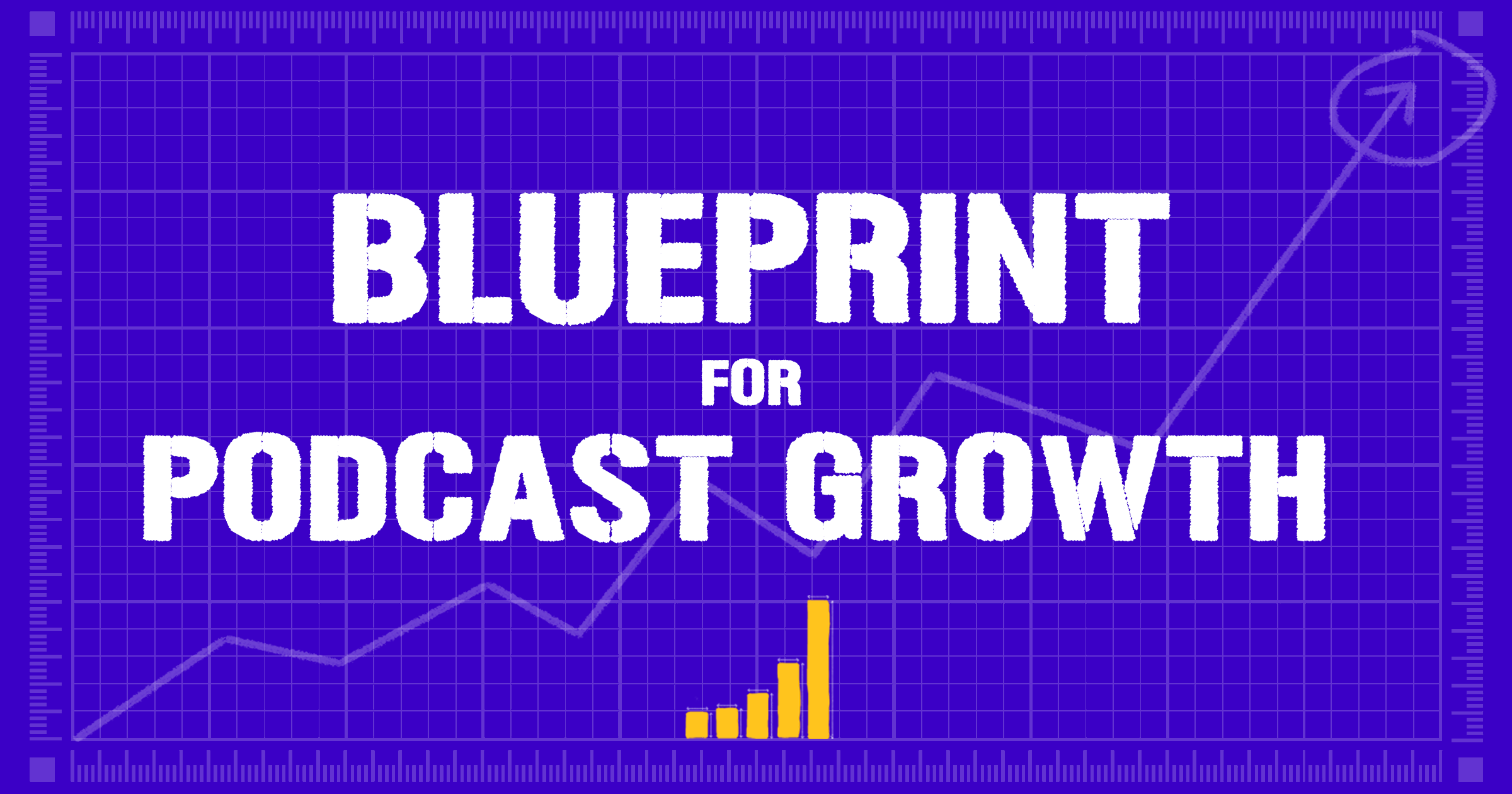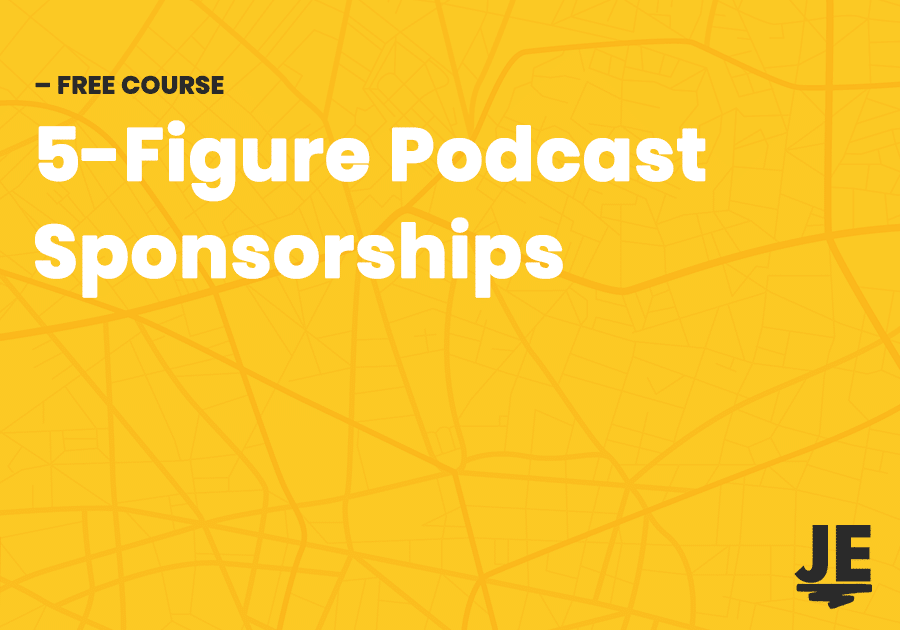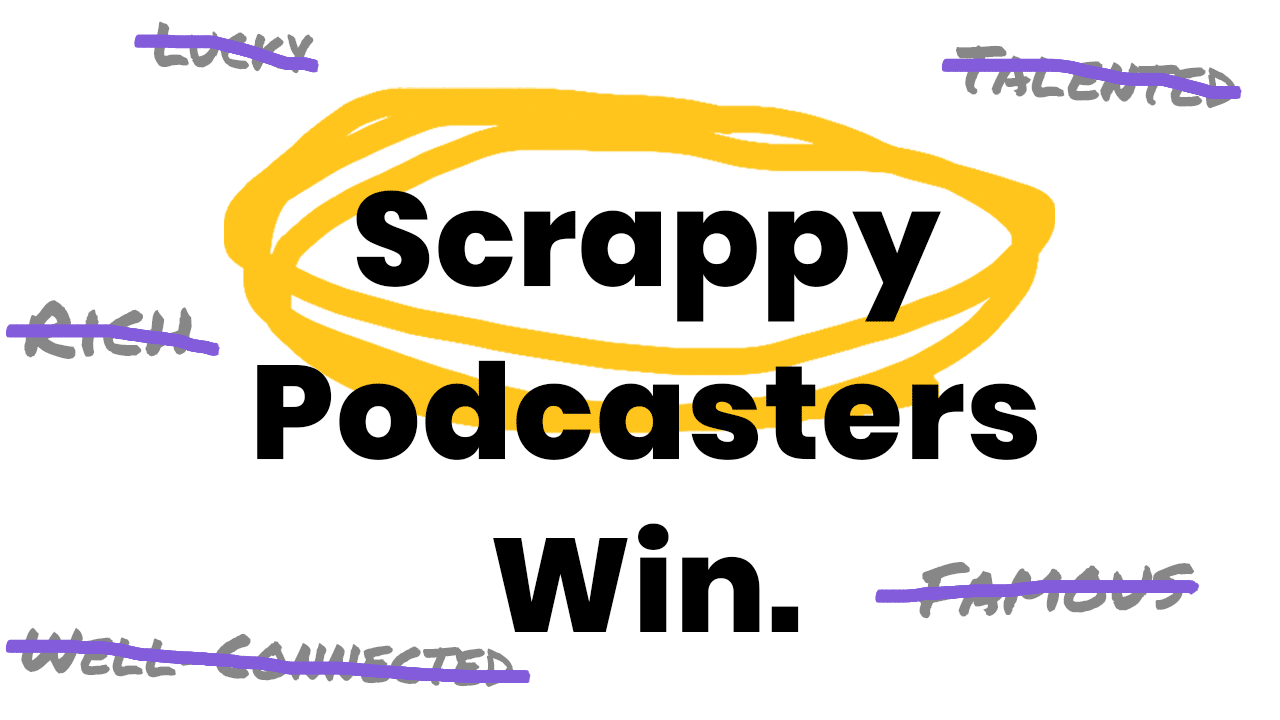There’s a lot that goes into creating a successful podcast, from understanding how to record great sounding audio, to coming up with high-quality content on a consistent basis, to understanding how to effectively market the show and expand an audience.
With all the moving parts and so much that needs to be done on what is often a short schedule, it might be no surprise that sooner or later, most podcasters hang up the mic and decide that it’s just not worth it to continue.
It seems like any number of reasons could contribute to the decision to wrap up a show, but the more I think about it, the more it boils down to two key contributors.
The good news is that if you can address just these two areas of your show, you stand a much better chance of creating a show you’re proud of and building an audience around it.
Misaligned Expectations
Indie podcasting is rife with misaligned expectations on a number of fronts, and it’s no wonder that when those expectations are not met, disappointment sets in, leading many hosts to conclude that the reality of growing a show is not what they expected.
Cheque, please.
I see misaligned expectations most commonly in three key areas.
1. Time Commitment Per Episode
The first is the sheer number of hours it takes to produce a quality episode.
This varies from show to show, but from the large number of podcasters I’ve talked to, the average episode takes anywhere from 3–12 hours for them to produce.
From guest sourcing and research to content planning to recording the episode, the long, tedious slog of editing, creating social content and actually posting that social content and promoting the episode…
Let’s just say there’s a lot that goes into it.
Even if we take the average of that 3–12-hour time range and say 7 hours to produce an episode, for a weekly show, that is a huge commitment to keep up week after week after week for the lifetime of a show.
Many podcasters didn’t realize going in that this is what they were signing up for, and so pretty soon, either they scale back that time, and with it, the level of quality or marketing drops, or they decide it’s better to wrap up the show completely.
2. The Potential Returns of Podcasting
To the average podcast listener, it’s not always obvious what goes into making a truly great show.
What sounds like two friends having a weekly 60-minute conversation might actually involve days of topic planning and research, and a nine-hour recording session that is then edited down to that finished hour-long episode that we hear.
And then, of course, there’s all the behind the scenes marketing hustle that’s going on.
With most of the top podcasters, there is a serious dedication to the craft that goes into the production of the show.
Listeners often have no way to peek behind the curtain, so when they hear that a “conversational” show like this is raking in the sponsorship dollars, going on sold-out tours and selling a crazy amount of merch, it’s easy to say, “I could do that.”
The reality is that most podcasters will never make money from their shows. We’re talking a low-single-digit percentage of shows ever being profitable from the podcasts themselves.
It’s not just money where the misaligned expectation around results exists, however.
Many podcasters honestly don’t care about monetizing their shows, but they still want listeners. The thing they often discover is that listeners are much harder to come by than they initially thought when they started their show.
It’s unlikely in today’s podcast landscape that you’ll simply publish your show and the listeners will start rolling in.
As with almost any creative work, building an audience around a podcast requires relentless hustle on the part of the host, at least until a critical mass has been achieved.
Most people started their shows as something that was supposed to be a fun hobby, and relentless hustle often doesn’t fit into their idea of fun, so they decide to move on and find a different hobby.
3. Runway Required to Achieve Results
The last of the three common misaligned expectations is the amount of time it’s going to take to build up and audience and start to see results.
Even with a good amount of effort put into the creation and promotion of a podcast, most podcasters are not going to build a significant audience within a few months of launching.
What I’ve seen time and time again with the podcasters we work with is that it often takes a minimum of six months — more likely a year — before things really start clicking. Keep in mind that these are often podcasters who generally already have experience with online marketing to some extent.
If you run a business, a podcast can be one of the greatest assets in your marketing toolbox. But great assets take time to mature before they start paying back dividends and podcasting is no different.
If you’re willing to stick with it and continually iterate and experiment, a podcast is going to get more and more valuable to you over time as your relationship and connection with your audience grows.
But you need to be willing to work through the first year when you might not be gaining much traction, when you’re needing to be constantly hustling to get the word out, and when it feels like you’re speaking into the void.
For each of these misaligned expectations, there are ways to ease the pressure on the podcast host and make it easier to stick with long enough for the snowball to start rolling on its own, which brings us right into the second major stumbling block that derails many a podcaster.
Lack of Systems
Systems might not always sound sexy, but their results, when properly implemented, often are.
Systems can save money, effort, and maybe most importantly, time, which as we discussed above, you’re going to need plenty of to get your podcast to the point where it’s running on its own steam and getting you results.
There are a number of different types of systems you can put into place for your podcast to help make the ideation, production, and promotion process easier.
These may be software tools that automate parts of the process entirely, simple checklists to make sure you remember to do each step of the process in the correct order, and sometimes they may be organizational systems that streamline all your files and information management so that everything you need for a given episode all finds its way into one, easy to find place.
Systems like these are essential if you ever start to outsource any part of your production, but they’re equally helpful for solo creators doing all parts of the production themselves.
In my experience, the average show could likely cut at least a couple of hours off of the time they’re currently spending producing each show if they had well-designed systems in place.
For a weekly show, that’s 104 hours a year that could be put into working to make your show better or get it in front of more people.
Unfortunately, most podcasters who end up quitting are light on systems, which means they often don’t have extra time to invest back into improving their shows and they stay on the hamster wheel of scrambling to meet their publish date with each episode.
Start by creating extensive checklists for every single thing that needs to get done when you’re creating and promoting an episode. Even having a simple checklist allows you to speed up the process when you’re brain isn’t trying to store all that information and remember what needs to be done.
Once you have your process laid out, start looking into tools like Zapier and Repurpose.io to create simple automations between the software you use. If you’re collecting information from your guests over email, use Google forms to automate that process. To make interview scheduling easier, use a tool like Calendly. Create canned emails that you can copy and paste for oft-repeated communications.
There are dozens of micro-systems that can be put in place to save a few minutes here, a few minutes there. And while it might take some extra time to set up the systems the first time through, once in place, those time savings will start to add up.
Quit For The Right Reasons
There are certainly times to hang up the mic on a successful show. Maybe it’s achieved its purpose, you’re ready to move on to bigger and better things, or it just isn’t as creatively fulfilling for you personally as it used to be.
These are all great reasons to make an empowered decision to quit.
If you believe you have something to say and that podcasting is the way to get your message out, however, don’t quit because you don’t have hundreds of listeners after your first six months producing your show.
Don’t quit because you don’t have a line of sponsors out your door.
Don’t quit because don’t currently have the systems in place to make the production process less time-intensive.
With the right expectations and systems in place, podcasting can be one of the most rewarding creative endeavors you’ll take on in your life.
Go in with your eyes open, commit to the long haul, do it because you have something to say, and have fun with it. The listeners and even monetization might come or they might not, but neither of them is necessary to create a successful show.
Every Sunday I send out an exclusive article on how to use podcasting to build an audience and grow your business.
No opt-in, no checklist no bribe. But hopefully a new perspective, encouragement, and maybe even some occasional wisdom. It’s something I’m proud to create and I’d be honoured to share it with you.
- Why Wouldn’t They Just Google It? - March 14, 2021
- Before You Can Market Your Podcast, You Need To Create A Marketable Podcast - March 11, 2021
- Podcast Promotion & Marketing Are Different (Here’s How to Use Each Effectively) - March 10, 2021




